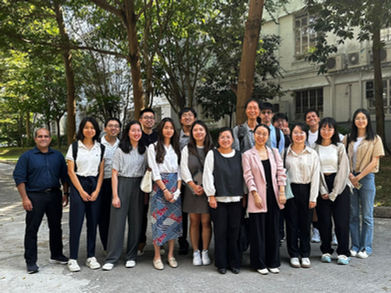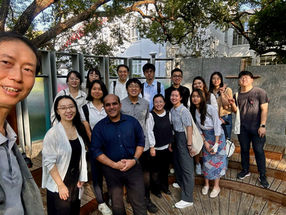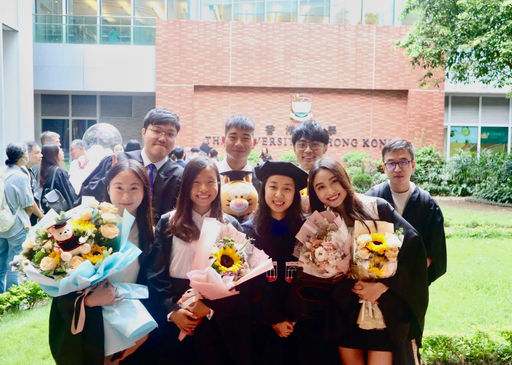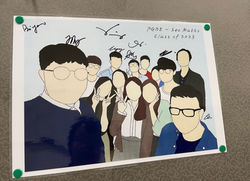Assistant Professor @ The University of Hong Kong
PhD in Mathematics Education
Mathematics Education Researcher
Mathematics (Teacher) Educator
Teaching Philosophy
At the core of my teaching philosophy is the belief that mathematics is human construction and that each individual constructs their mathematical knowledge in unique ways. Accordingly, I position every student as a rational thinker and consider their mathematics as legitimate mathematics that is worth being acknowledged, valued, and respected. In any course that I teach, I constantly seek to decenter from my personal thinking, carefully listen to the students’ articulation of their thinking, and design learning opportunities sensitive to their thinking. I also believe in drawing on literature on mathematical cognition to design tasks that can engender meaningful constructions and reorganizations in the students’ understandings. I ask purposeful questions in attempts to challenge or perturb their thinking and support their reflection on their mathematical experiences. Meanwhile, I always learn from my students during teaching, including reorganizing my own mathematics and clarifying aspects that I have taken for granted.
Because I view teaching as a mutual learning process, I also view teaching as a social as opposed to a solo activity. I center the role of communication in my teaching by engaging in meaningful and accessible mathematical conversations with my students. I work hand-in-hand with my students to negotiate classroom norms of listening to and reflecting on each other’s thinking so that each individual’s ways of thinking are respected, encouraged, and built upon in my classroom. I frequently design my classroom so that students work collaboratively in small groups before we engage in a shared, whole class discussions. Student evaluations suggest that this instruction format not only allows them to build rapport with each other but also deepens their mathematical thinking through analyzing and building upon each other’s contributions.
In the context of teacher education, I maintain these philosophies and make them explicit to future teachers. I convey to them the underlying design principles and decision-making of my instruction so that they can find ways to transfer these beliefs to their own teaching.
Additionally, I consider teachers as lifelong learners, aiming to support their constructions of knowledge and skills that are generative to their mathematical and professional growth throughout their career. I focus on two aspects to accomplish this goal. First, I adopt research-based curricula materials to support their construction of productive mathematical meanings. I provide them with ample opportunities to engage in mathematical tasks as mathematical learners so that they can revisit and reconstruct mathematical understandings meaningfully. Moreover, they are given opportunities to apply these understandings to critically look at extant curricula, mathematical tasks, and technology resources. Second, instead of telling teachers research knowledge about students’ mathematical thinking, I provide them with opportunities to experience student thinking authentically. I often use video-reflection activity to engage teachers in interpreting student thinking, comparing it to their own thinking, and discussing their affordances and limitations. It is through these in-depth conversations about and reflections on students’ mathematical thinking that the teachers truly believe in students’ ability to reason and become aware that students’ thinking is reasonable and rational regardless of correctness.
My philosophy of mentoring teachers entails a commitment to training teacher leaders in mathematics education. Prospective teachers are often concerned about implementing innovative materials in future classrooms, primarily due to the unforeseen instructional and institutional constraints that they will be faced with. In response to these struggles, I instill in them the belief that teaching powerful understandings that benefit students’ long-term learning is of the most important. I also emphasize having a growth mindset about themselves and continually reflecting on their teaching practices, student thinking, and policies to grow into teacher leaders..

























